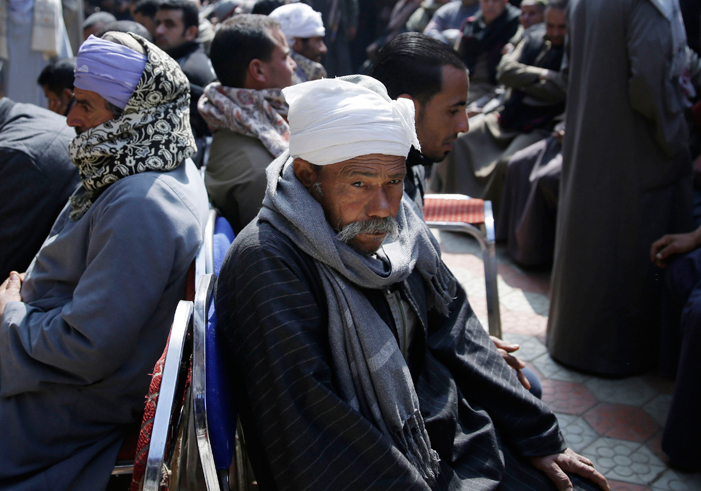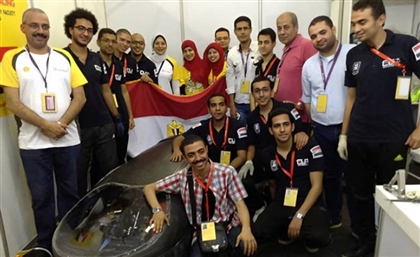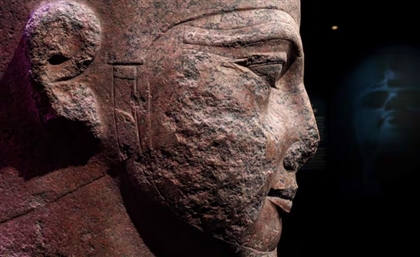Egyptian Parliament to Discuss a "National Council for Men"
Seeing as how men in Egypt obviously drew the shorter stick in the grand scheme of things.

Secretary of parliament's religious committee, Dr. Amr Hamroush, has suggested the formation of a "National Council for Men" in Egypt - similar to the National Council for Women - that will aim to tackle social issues pertaining to men within the country, seeing as how men in Egypt obviously drew the shorter stick in the grand scheme of things.
The suggested national men's council will assure that this downtrodden segment of the community has their voices heard, and that their issues are resolved. The proposal witnessed backlash from media outlets and members of women's rights organizations, (unsurprisingly) dubbing it a joke.
Member of the National Council for Women in Egypt, Sana Saeed has called the proposed law as being "peculiar and unrealistic:" considering that human rights councils, in essence, are meant to defend minorities within society, in order to reinforce basic rights for the oppressed groups.
Pushing to pass the aforementioned law and to disperse the negative feedback received, a supporter of the project stated that turning a blind eye to the social issues affecting men will have an indirect consequence on women's affairs and as such resolving them will be beneficial to both parties. Saeed reiterated that men in Egypt already have the upper hand (they also have two feet) within society, and that women's rights organizations were in fact set in place to counteract the horrendously imbalanced dynamic of men and women within Egyptian society.
Refusing to be discouraged by the negative responses, Hamroush is set on defending his cause by all means, and has set an elaborate plan forward. The national council for men will be, might the law pass, comprised of specialists, technical experts and significant personnel from the public sphere to ensure a diverse selection of representatives. Their headquarters would be in Cairo with branches all over Egypt's governorates. Moreover, the budget for their work will be independent from the government.
Main image from NPR.
- Previous Article Parliament Wants to “Abolish Funding for Terrorists”
- Next Article Meet the Egyptian Filmmaker Behind Our First Indie Feature in Cannes
























